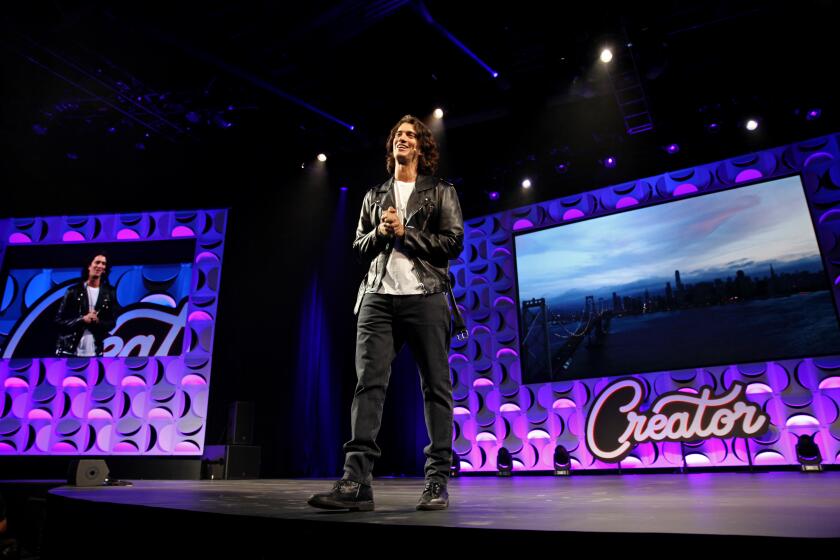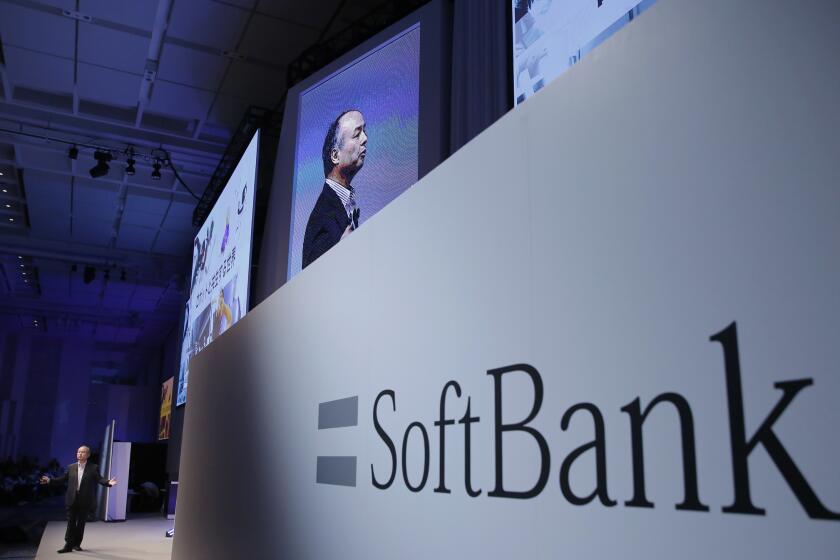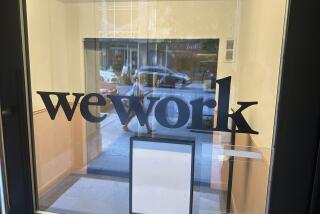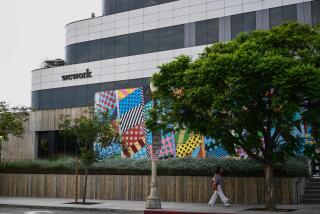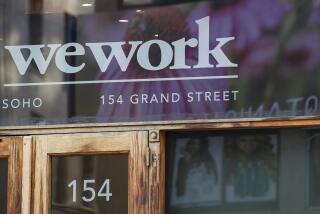WeWork losses doubled as it rushed to open new offices ahead of its failed IPO
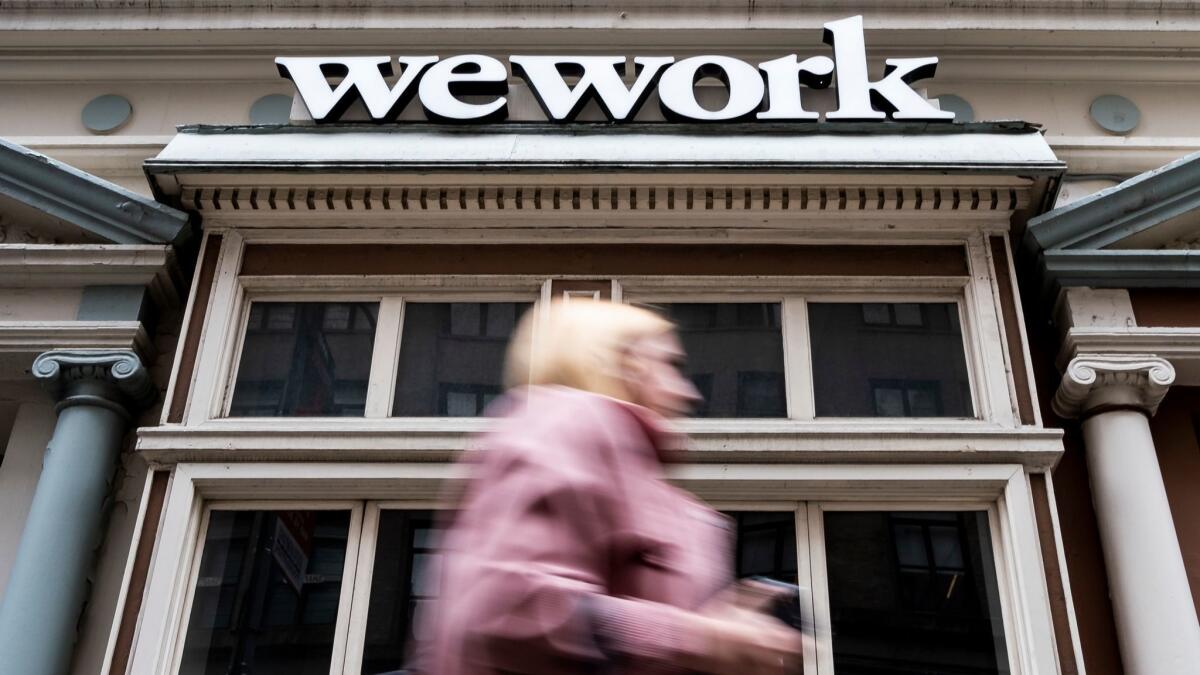
- Share via
WeWork said on Wednesday that its losses more than doubled to $1.3 billion in the third quarter of 2019 as it pursued an aggressive expansion in the expectation of raising more than $9 billion by going public.
The figures, contained in a slide deck for WeWork creditors seen by the Financial Times, reveal why the loss-making property group careened toward a cash crunch when the initial public offering and a linked debt financing deal fell apart in September.
The presentation showed that WeWork opened almost 100 offices between the end of June and end of September, raising its total to 625.
The new openings helped to lift WeWork’s net revenues in the period by 94% from a year earlier to $934 million, confirming that it continued to lose more than two dollars for every dollar the group generated in sales in the period.
WeWork told investors that its annualized pace of sales reached $4.2 billion at the end of September.
For founders like WeWork’s Adam Neumann, gargantuan funding offered an opportunity — or an imperative — to double down on unproven and money-losing business models.
The company, which also measures its growth by the number of desks it offers in its portfolio of flexible offices, said it added 115,000 desks in the third quarter — taking its total to 719,000. It counted 609,000 memberships, meaning its overall occupancy rates slid as it raced to open new locations, to 79% at the end of the third quarter from 82% at the end of June.
The decision to keep its foot on the gas in the third quarter proved to be the final strategic decision of co-founder Adam Neumann, who stepped down as chief executive in September as the IPO fell apart.
SoftBank, the Japanese telecoms-to-technology group led by Masayoshi Son, pumped $1.5 billion into WeWork in October to stabilize its finances and took control of the company, installing the former boss of its Spring telecom unit, Marcelo Claure, as executive chairman.
The Japanese group has also arranged a new $5-billion debt financing for WeWork and has agreed to buy $3 billion of the company’s shares from investors and employees including Neumann in coming weeks.
One year ago, the global business elite deserted a Saudi Arabian investment summit in droves after the killing of journalist Jamal Khashoggi by Saudi agents.
Claure has embarked on a cost-cutting drive since his arrival and is in the process of cutting 4,000 of the company’s roughly 14,000 employees, with large cuts in the U.S. expected to begin next week, according to multiple people briefed on the plans.
WeWork is also selling several of the companies it acquired in recent years and has drastically slowed its pace of new lease signings.
The WeWork board is searching for a new chief executive to lead the group, and has considered T-Mobile USA chief executive John Legere for the post, the FT earlier reported.
© The Financial Times Ltd. 2019. All Rights Reserved. FT and Financial Times are trademarks of the Financial Times Ltd. Not to be redistributed, copied or modified in any way.
